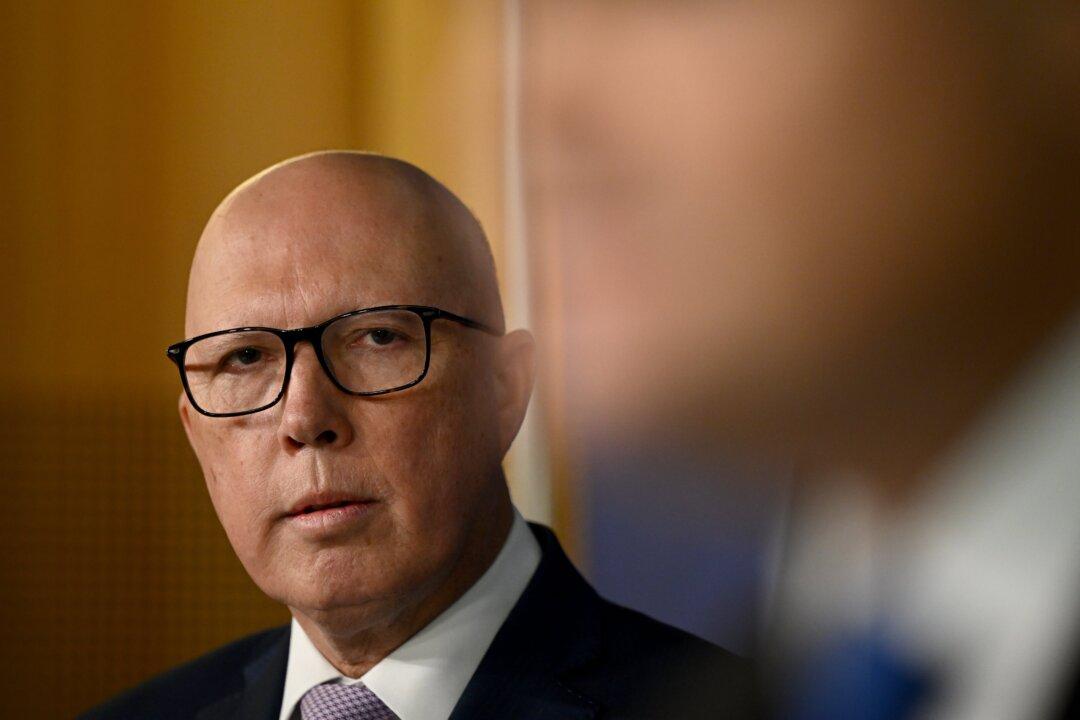Australian state leaders have responded to federal Opposition Leader Peter Dutton’s plan to construct seven nuclear power plants across the country if elected.
The Liberal-National Coalition is proposing to replace retiring coal-fired power stations with nuclear facilities, as an alternative path towards net zero—rather than adopt a mass roll-out of wind turbines, solar panels, and batteries.





